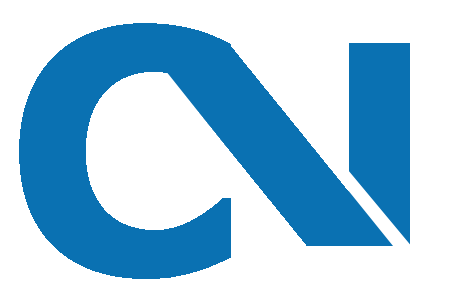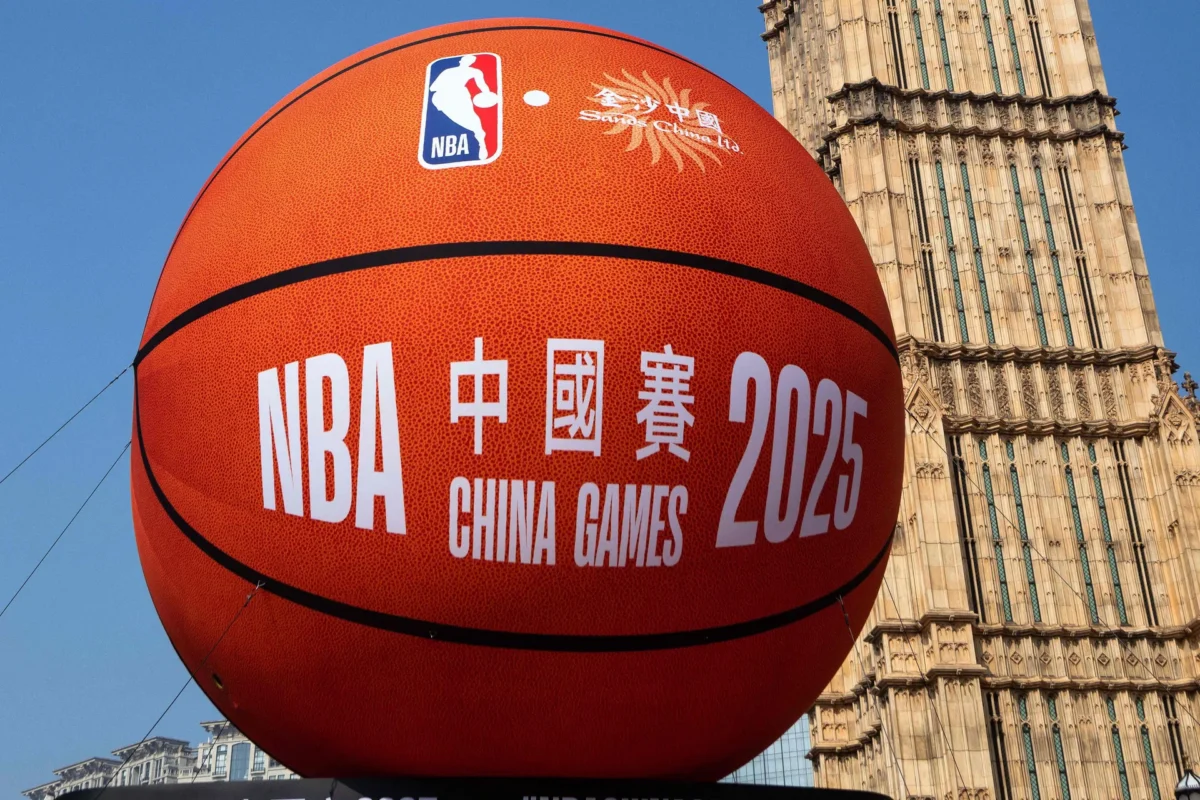🔥 A Tweet That Shook the World
In October 2019, a single tweet changed the relationship between the NBA and China forever.
It came from Daryl Morey, then the general manager of the Houston Rockets.
He posted an image that read: “Fight for Freedom. Stand with Hong Kong.”
What seemed like a short, personal message quickly became an international storm.
Within hours, Chinese broadcasters, sponsors, and digital platforms cut ties with the NBA.
CCTV — China’s national television network — removed all NBA games from its schedule.
Social media in China exploded with outrage, and brands rushed to cancel sponsorships.
🚫 The Great Boycott Begins
For China, the tweet touched a political nerve.
The Hong Kong protests were a deeply sensitive issue, and Beijing viewed the post as a direct challenge to its authority.
While the NBA tried to calm the situation, the damage was already done.
Chinese state media condemned the league, accusing it of “hurting the feelings of the Chinese people.”
Within days, the NBA was erased from China’s airwaves, its logos removed from e-commerce sites, and its reputation frozen.
The league lost hundreds of millions of dollars in broadcasting rights.
Teams like the Rockets, once one of China’s favorite franchises because of Yao Ming, suddenly disappeared from local TV.
For years, the NBA was banned or heavily restricted, surviving only through limited online streams and pirated clips.
🕰️ Six Years of Silence and Uncertainty
Between 2019 and 2025, the NBA’s presence in China became a ghost of its former self.
No official broadcasts.
No merchandising partnerships.
No live events or fan tours.
The once-massive Chinese fanbase — estimated at over 500 million people — drifted away.
The NBA continued to grow globally, but one of its most lucrative markets was gone.
Behind the scenes, league officials tried quietly to rebuild trust.
They met with Chinese companies, avoided political statements, and hoped time would heal the wound.
💡 The Turning Point: Business Over Politics
In 2025, things finally began to change.
China’s economy was opening up again, and the government wanted to reconnect with global sports brands.
At the same time, NBA executives saw an opportunity to reclaim their audience and revenue.
Then came the deal:
A multi-year partnership between the NBA and Alibaba, focusing on AI, data analytics, and cloud broadcasting.
The move was framed as a “technological collaboration,” but everyone knew the deeper meaning —
the boycott was over.
The league announced two preseason games in Macau, marking its official return to Chinese territory.
Tickets sold out in hours.
Fans flooded social media with excitement.
It was as if the six-year silence had never existed.
🏆 From Controversy to Glory
As Commissioner Adam Silver said during the reopening event:
“Macau represents a new beginning.
Basketball is universal — it connects people beyond politics.”
The games were broadcast across Chinese platforms, and even state TV hinted at restoring regular coverage.
For the first time since 2019, the NBA logo appeared again on major Chinese websites.
A full circle moment — from cancellation to celebration.
🌏 A Lesson in Global Reality
The NBA’s return to China shows that in today’s world, economics often outweigh politics.
Both sides realized that the partnership brought far more benefits than isolation.
China gets entertainment, cultural influence, and fan engagement.
The NBA regains one of its biggest markets and billions in potential revenue.
But it also serves as a reminder:
In the digital age, one tweet can change everything — for years.
And sometimes, it takes nearly a decade for the world to forgive, forget, and cheer again.


